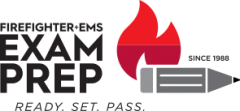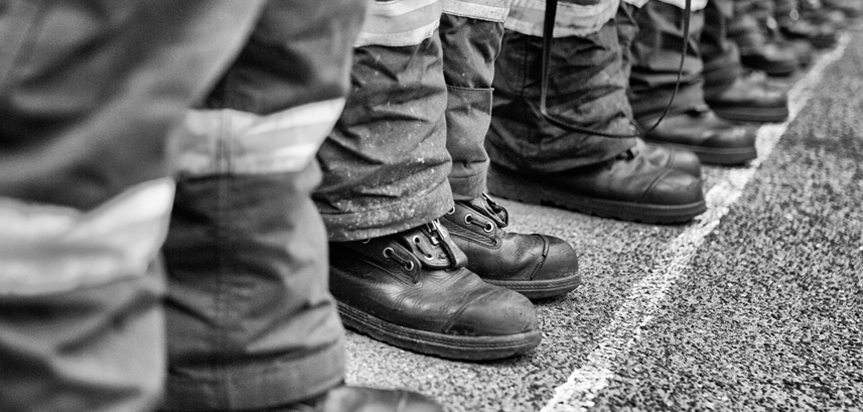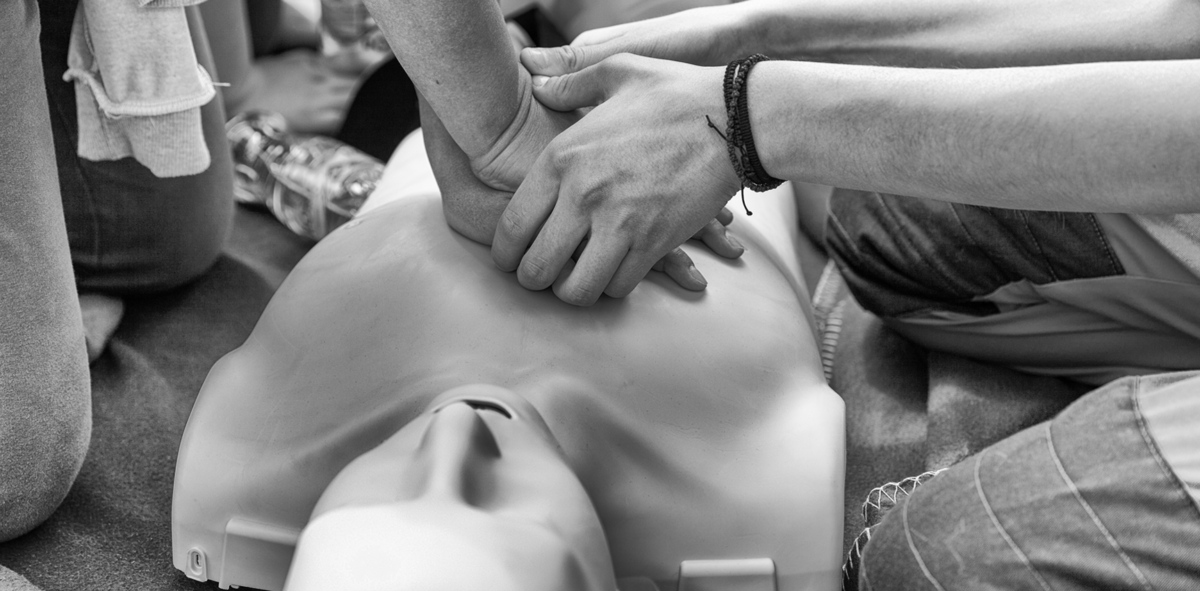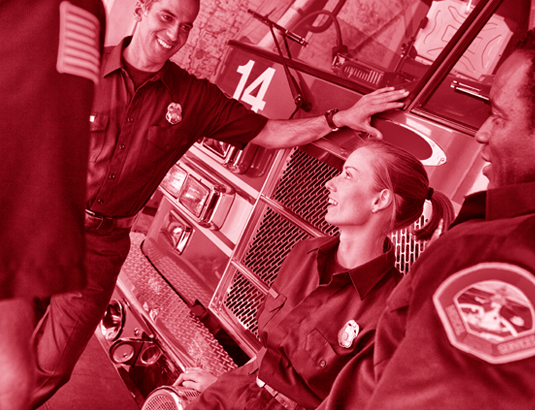Discover the importance of mock exams in preparing for success in your exams.
Understanding the Purpose of Mock Exams
Mock exams serve as practice tests that simulate the real exam experience. They are designed to help students understand the format and structure of the actual exam, as well as the types of questions that may be asked. By taking mock exams, students can familiarize themselves with the exam environment and gain a better understanding of what to expect on the day of the actual test.
Mock exams also provide students with an opportunity to assess their knowledge and gauge their level of preparedness. They allow students to identify any gaps in their understanding of the subject matter and areas where they need to focus their studying. By understanding the purpose of mock exams, students can approach their preparation more effectively and increase their chances of success.
Enhancing Knowledge Retention and Recall
One of the key benefits of mock exams is that they help enhance knowledge retention and recall. When students take mock exams, they are actively engaging with the material and practicing the retrieval of information from memory. This process strengthens their memory pathways and improves their ability to recall information during the actual exam.
Mock exams also help students identify areas where their knowledge may be weak or incomplete. By highlighting these areas, students can focus their studying on those specific topics and improve their overall understanding and retention of the subject matter.
Identifying Strengths and Weaknesses
Mock exams provide students with a valuable opportunity to identify their strengths and weaknesses. By reviewing their performance on the mock exams, students can determine which areas they excel in and which areas they need to work on. This self-assessment allows students to develop a targeted study plan that focuses on improving their weaker areas and leveraging their strengths.
Identifying strengths and weaknesses also helps students allocate their study time more effectively. By understanding where they need to put in more effort, students can prioritize their studying and allocate more time and resources to the areas that require additional attention.
Building Confidence and Reducing Anxiety
Mock exams play a crucial role in building confidence and reducing anxiety. By simulating the exam environment, mock exams help students become more comfortable with the test-taking process and reduce the fear and anxiety associated with exams.
When students perform well on mock exams, it boosts their confidence and provides reassurance that they are on the right track. On the other hand, if students struggle on mock exams, it allows them to identify areas where they need to improve and take necessary steps to address those weaknesses. This process of self-reflection and improvement helps build confidence over time and reduces anxiety.
Improving Time Management Skills
Time management is a crucial skill for success in exams, and mock exams are an excellent tool for improving this skill. By taking mock exams, students can practice managing their time effectively and learn how to allocate the right amount of time to different sections or questions.
Mock exams help students become more aware of their pace and ensure that they are able to complete the exam within the given time limit. They allow students to identify time-consuming sections or questions and develop strategies to tackle them more efficiently. This practice of time management during mock exams translates into better time management during the actual exam.






